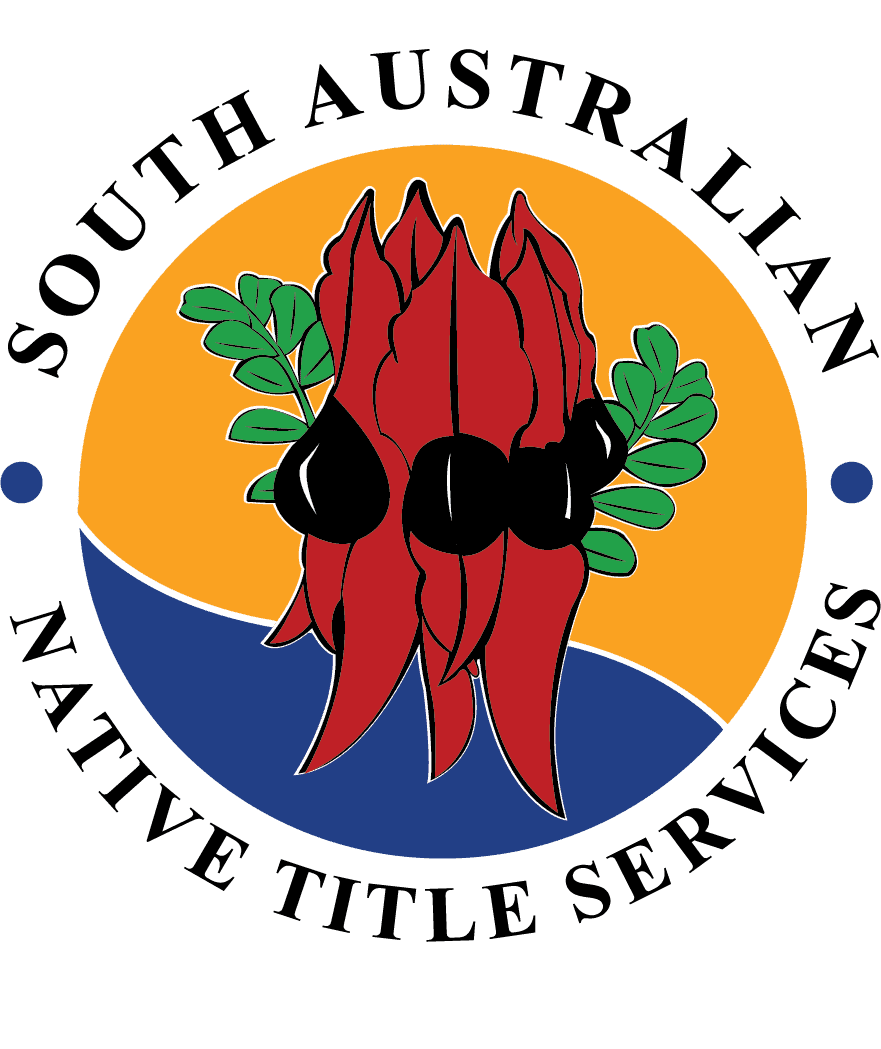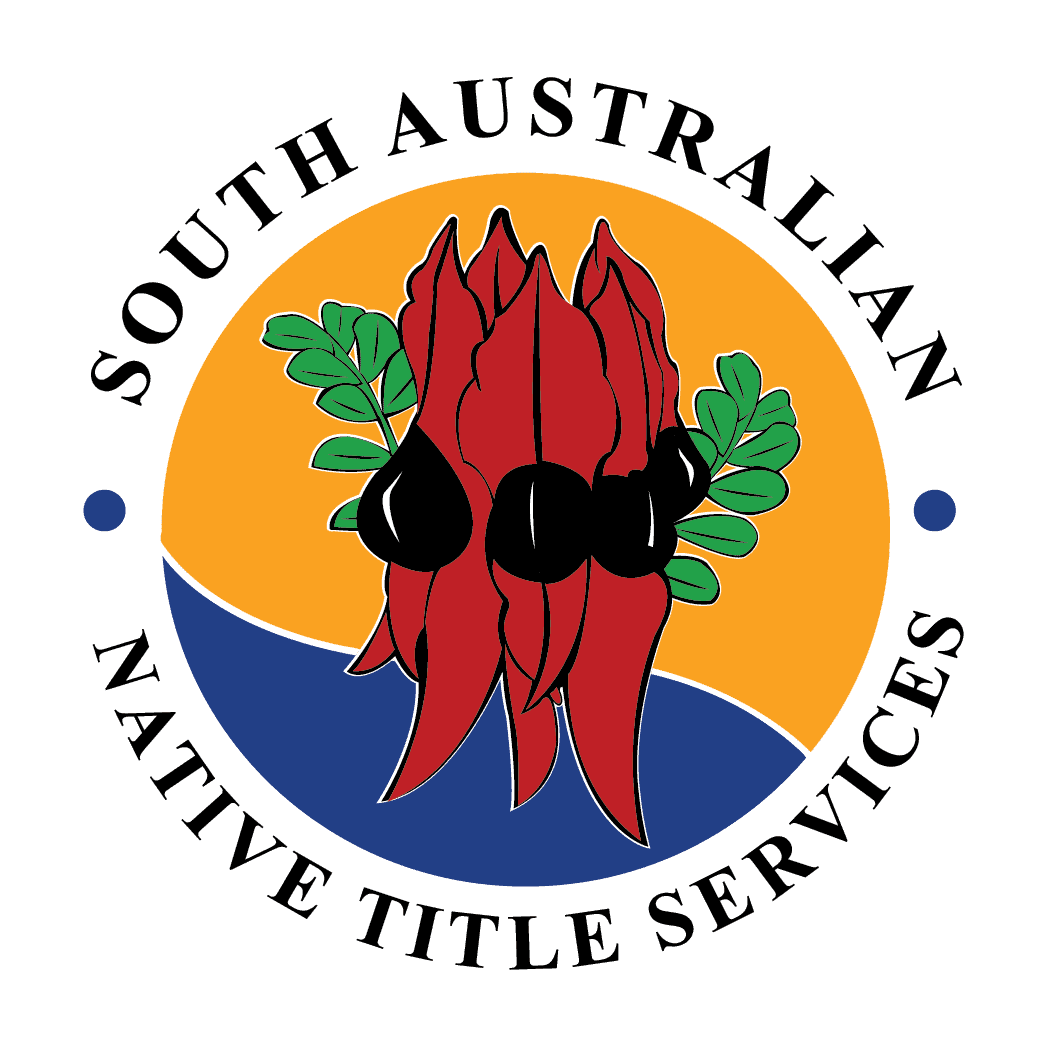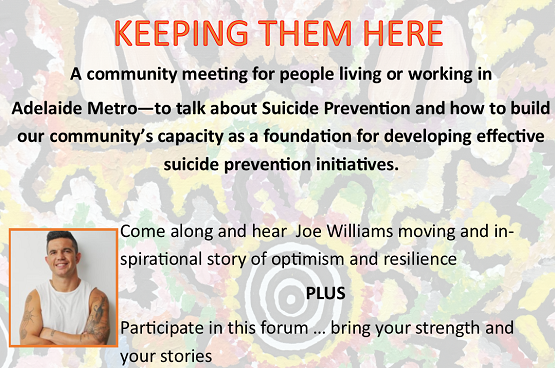A community forum held at the SA Museum has heard that the city of Adelaide needs a strong suicide prevention network specifically to support Aboriginal people.Suicide prevention networks are a key element of the South Australian approach to suicide prevention and networks exist across the state.However, there is not a strong network focussed on Aboriginal people in the city, suicide prevention advocate and ALRM staff member Frances Jacobson told Aboriginal Way after the community event.“I think that considering the numbers, the statistics about Aboriginal suicide, and then the harsh environment of the city, that it’s really important to be able to support people who are either living in the city, or maybe working in the city, but somebody who needs a group that they can hook into in the city.“It’s important to have Aboriginal networks to create culturally safe spaces” said Ms Jacobson.“Because to be honest, there are very few of us who are not impacted by suicide generally, and within the Aboriginal community, it’s about times 18 more prevalent than in the general community” she said.Those attending the community forum were touched and inspired by a powerful speaker who is familiar with issues relating to indigenous people and suicide, former NRL player Joe Williams.He says that suicide in Indigenous communities can have very specific causes.“Well, with our communities, a lot of issues that we are struggling with relate to a disconnection of spirit” he told Aboriginal Way.“In a word, I can relate to it as hopelessness. We are seeing a lot of people in communities that just don’t see a light at the end of the tunnel.That’s because of a couple of hundred years of oppression and being told that you’re not good enough” he said.In his work speaking on resilience and mental health, Mr Williams calls for a new approach to Aboriginal suicide.“We’ve got to have a look at the different ways to be able to heal that, because the western mainstream white model of medical healing, when it comes to mental health issues and conditions, isn’t working. If our suicides are going higher, it’s not working.“We’ve got to get back to a perspective of community empowerment and facilitating a community led approach to be able to look at healing within our communities and then that’s when we get the support from the experts and the outside help from community” he said.The Adelaide metro network is working towards just that, a community led approach said Ms Jacobson.“It appears to me that the general model for suicide prevention networks is a committee of professional workers who then organise events for community. People, consumers, come to those events and participate in them. Sometimes they’re the guest speakers, sometimes it’s just an event for community.“I had advice from an elder who said, ‘it’s not supposed to be about service providers, it’s supposed to be about the community. You need the group to be community members.“There was a lot of discussion about wouldn’t it be fantastic if the groups were actually community led, run, and owned. And they invite the service providers, rather than the other way around. So that’s our ultimate goal” she said.“A strong community-led support group can be a powerful thing for someone in crisis” Ms Jacobson said.“One of the major things is this idea of belonging, and so these events create a space for people to come where it’s safe to be bereaved, where it’s safe to talk about suicide. And because this one will be an Aboriginal group, that in itself creates an amount of safety in terms of talking, yarning, having an outlet.”Attendees of the community forum in May talked through ideas for the way the network could operate.They indicated that they would like to be part of a network which has good governance principles, where Aboriginal values and culture inform decision making, which includes the establishment of clear group norms and maintains consultation with Aboriginal elders and leaders.“Flexibility, commitment and evaluation were some of the other themes to emerge and there were questions raised about where the meetings would be held” Ms Jacobson said.It’s all about making safe spaces to talk. Mr Williams is also a strong believer in the importance of yarning in suicide prevention.“The reason, I think, why there are quite significant men of hurt and trauma, and the end result is suicide in our communities, is because we don’t talk about it. The one way to heal these types of issues that we’re struggling with inside our mind is to start to verbalise it, and get it out in the open, and let’s have a look at it from a different perspective.“Instead of trying to deal with it inside our heads, by ourselves, which obviously a lot of the time compounds to make it bigger, and nastier, and more threatening, once we get it out of our heads, verbally, we start to have a look at it from a different perspective and start to have a look at what the issues are, and how we can address them” Mr Williams said.“Aboriginal Legal Rights Movement (ALRM) is playing a strong role in the development of the network as it fits with the core work of the ALRM” said Ms Jacobson.“Thinking about what it is that ALRM does, actually almost everything we do is suicide prevention. We see the high-risk factors for suicide on a daily basis. Pending criminal matters, family dispute, lack of interpreters, financial crises, incarceration, they’re all in the top 10 of the stresses in people’s lives.“People who are incarcerated often feel like there’s very little meaning in their lives.“When we feel like there’s no reason for us to be here, and our lives are meaningless, that’s when suicidal thoughts might begin to impinge sometimes for some people.”Despite the challenges, Ms Jacobson is moving forward on working towards the development of the network, including applying for more funding and seeking further community support.“I’m going to keep going with it. It is something that touches absolutely everyone to a greater or lesser extent, more so the Aboriginal community” she said.“There is support around for the concept” Ms Jacobson said.“Wesley LifeForce have been amazingly supportive of this network, because they see why it is a very important one to establish. Also, people at the Office for the Chief Psychiatrist have been really supportive, and we’re very thankful for their support, and also the Premier’s Suicide Council” she said.In the end, Joe Williams is confident that the way forward is through supporting each other.“We’re at a point now where a lot of our people, across the entire country, are coming together because they’re sick of hurt, and, we’ve got every right to be sick of hurt because it’s been happening for far too long. The healing is coming from within community, a community-led approach, and community empowerment, which is beautiful to see.”If you need to speak to someone about any issues raised by this story call Lifeline 24 hours a day 13 11 44For more information on the new network call ALRM 1800 643 222
By Lucy Kingston
SANTS acknowledges that the land on which our office is based is the traditional lands for the Kaurna people and we respect their spiritual and cultural relationship with their country.



 Protected by Patchstack
Protected by Patchstack